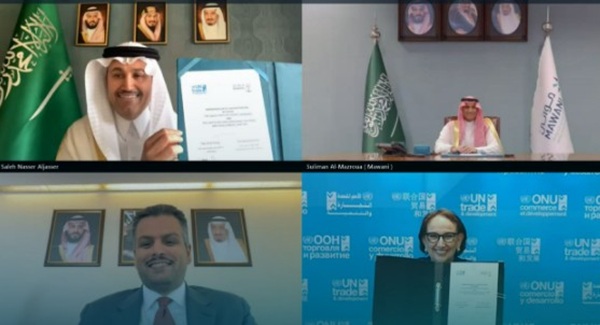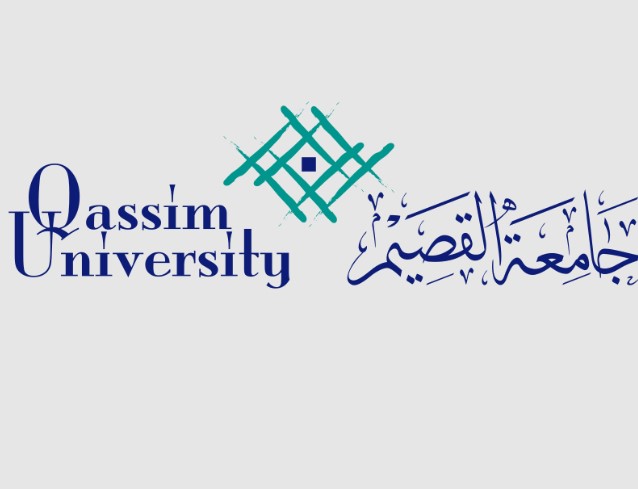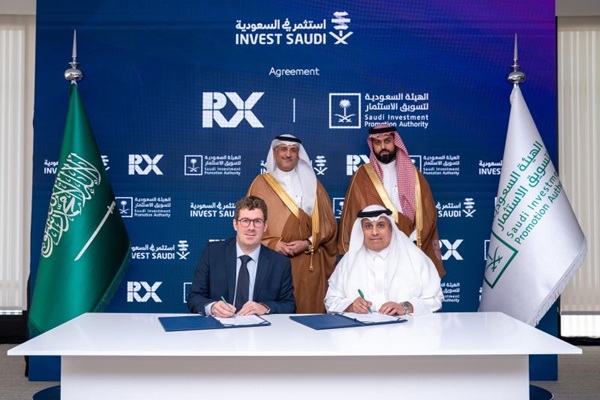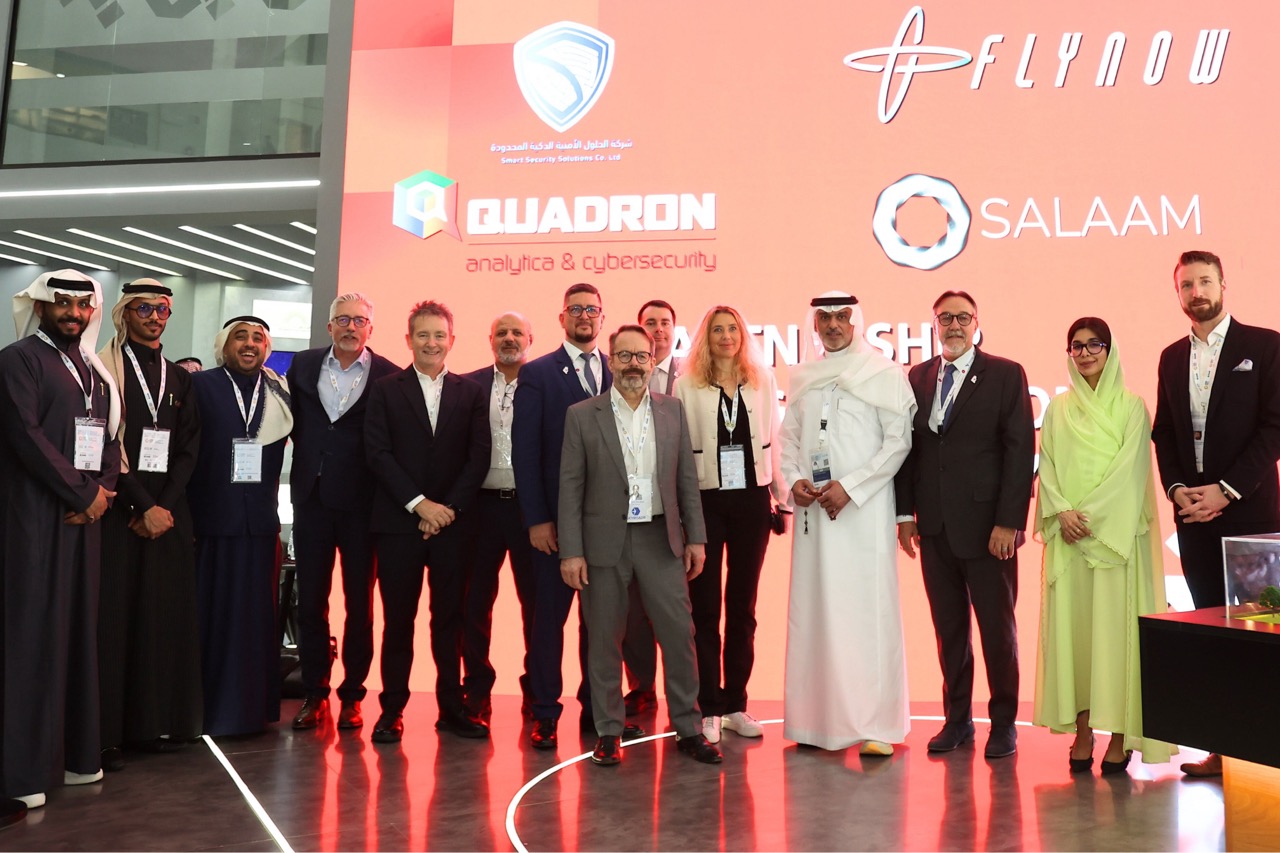
Riyadh - Sharikat Mubasher: The Saudi Crown Prince and Prime Minister Mohammed bin Salman launched the National Red Sea Sustainability Strategy as part of the Saudi Vision 2030.
The new strategy aims to protect the Red Sea, empower communities, and pave the way for the transition to a blue economy to achieve economic diversification, a recent statement revealed.
It aligns with the objectives of Vision 2030 and the recently announced national priorities for research, development, and innovation, specifically Sustainable Environment and Supply of Essential Needs.
“Through this strategy, the Kingdom positions the blue economy as a fundamental pillar of its diversified economy and aspires for the Red Sea region to become a global reference for leading blue economy activities, and for the Kingdom to become a global leader in the field of research, development and innovation in blue economy,” the Crown Prince said.
He highlighted the Kingdom’s continuous efforts to unleash its enormous economic, geographical, and cultural potential, and its pioneering efforts in sustainability and environmental conservation.
The strategy sets out a comprehensive national framework that explains how to preserve and regenerate the natural treasures in the Red Sea, ensuring that citizens, residents, and visitors enjoy them and sustain them for generations to come.
By 2030, the strategy aims to increase the coverage of marine and coastal protected areas from 3% to 30%, support the contribution of renewable energy to 50% of the targeted energy mix, create thousands of new job opportunities related to blue economy activities, and protect the Kingdom’s investments.
It is structured around 5 strategic objectives: Environmental Sustainability, Economic Development, Social Development, Safety and Security, and Governance and Collaboration. It also includes 48 initiatives that were developed to achieve the Kingdom’s ambitions for the blue economy
Moreover, the National Red Sea Sustainability Strategy demonstrates the contribution of protecting the natural environment in unlocking the economic potential of the region and initiating the transition to the blue economy, creating investment opportunities for innovative companies in various marine sectors, including ecotourism, fisheries, renewable energy, water desalination, shipping, and industry.










